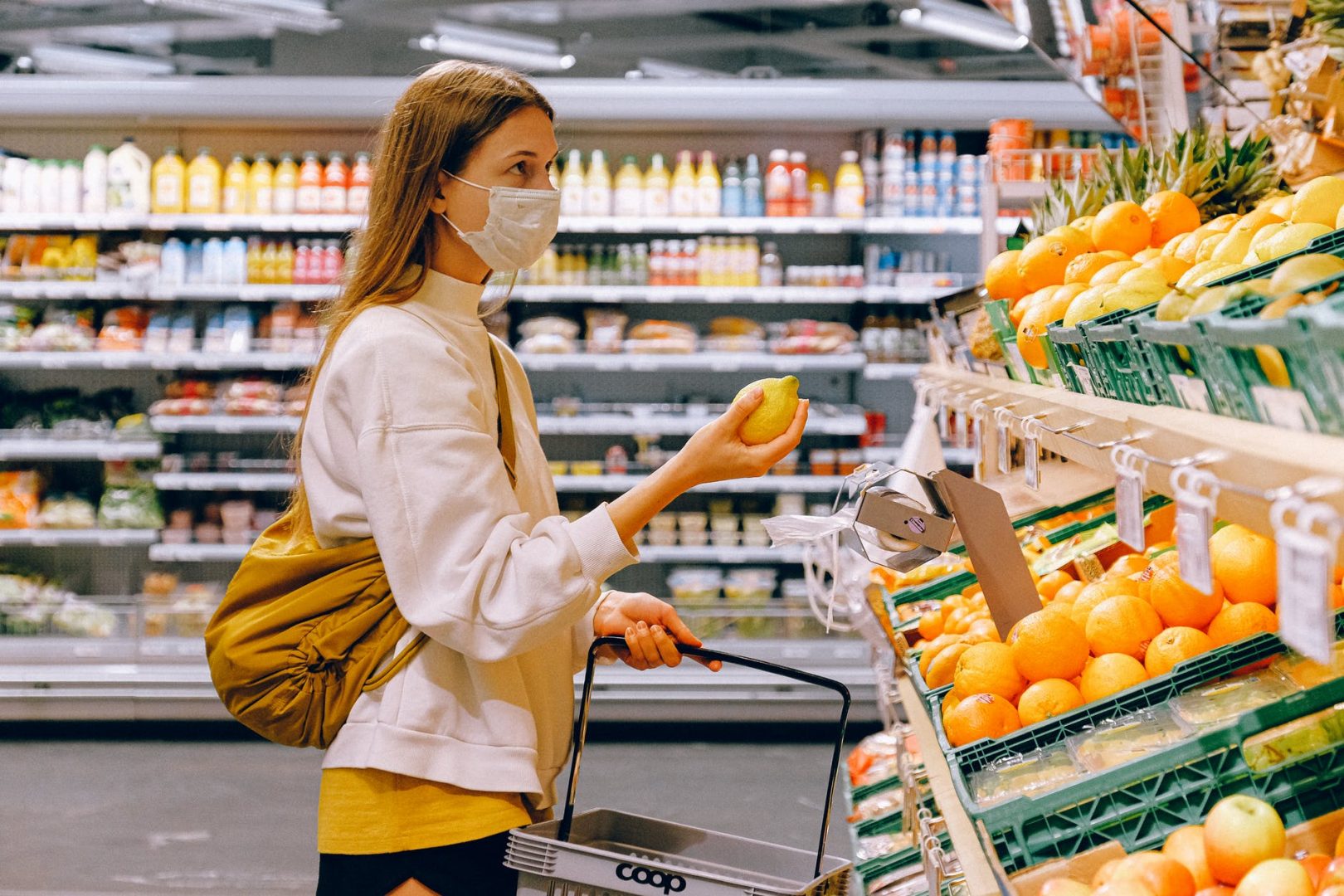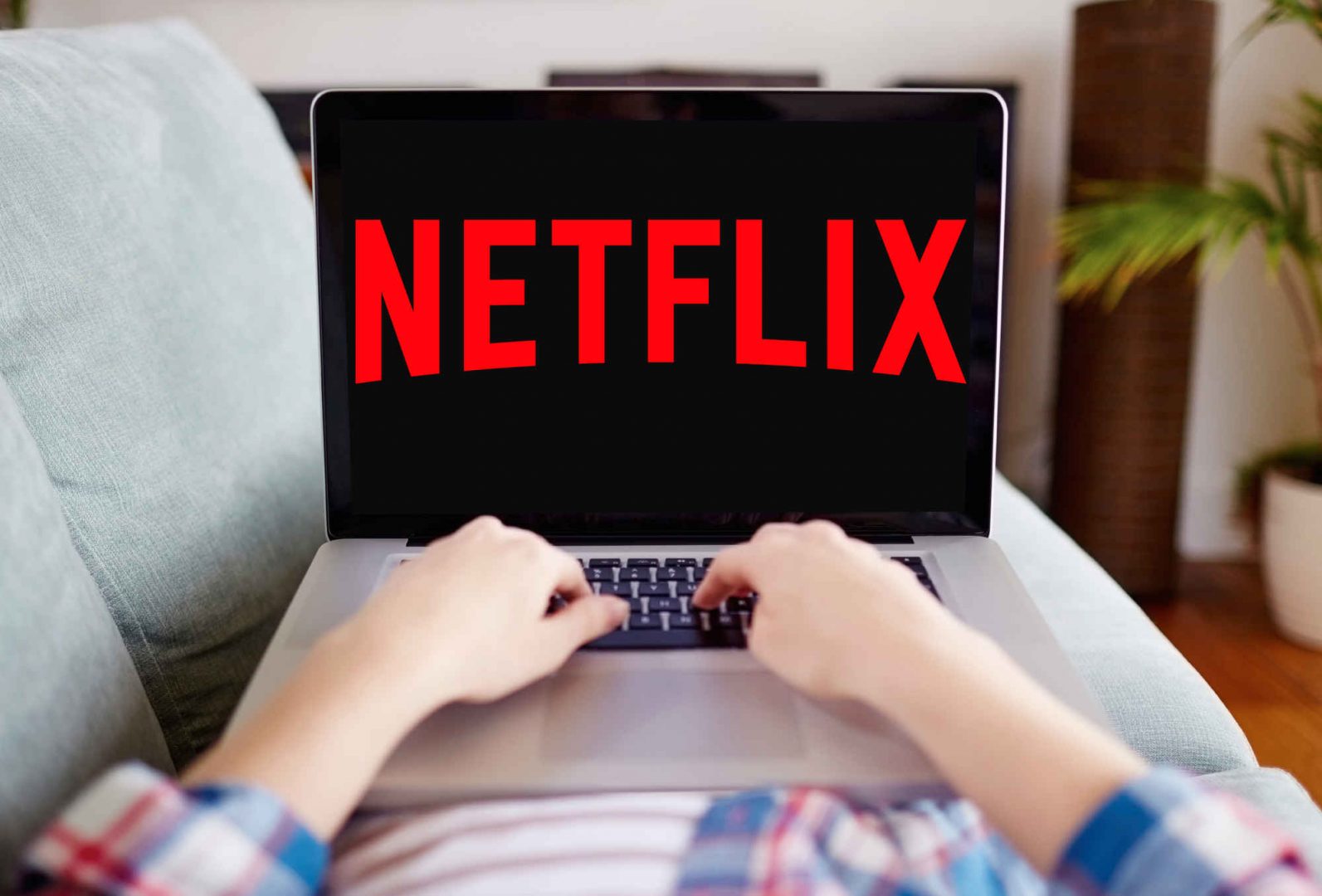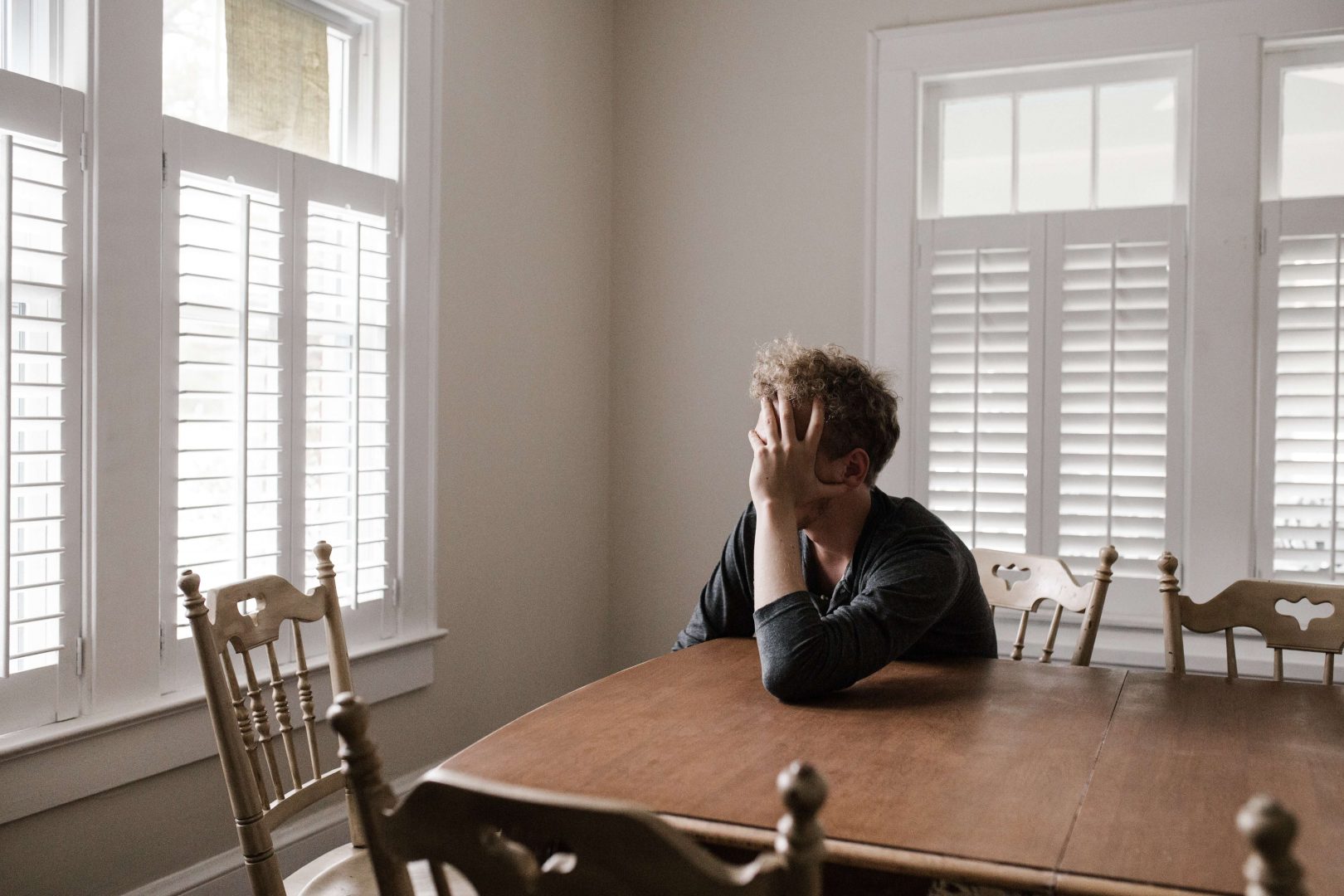As coronavirus cases continue to rise, more and more countries are imposing strict measures to tackle the spread of infection. Italy is still in lockdown, whilst Spain has ordered civilians to stay in their homes for two weeks. France have also closed bars and restaurants, and the US has banned all travel to 26 European countries. – For more information and resources on coronavirus, please visit this page.
In the UK, PM Boris Johnson has now ordered cafes, pubs and restaurants to close, whilst also urging for the public to avoid socialising at all costs.
Whilst this plea from the government, alongside the 5,683 confirmed UK cases, should surely be enough to keep people from leaving their homes; like the naughty kids who hold back the entire class from lunch, so too could “selfish” Brits be ruining our chances of stopping the virus’s spread.
“Very Selfish” Brits Urged to Stop Socialising

Last weekend, popular UK parks and beaches saw crowds of people enjoying the sun – Snowdonia in particular having their “busiest ever visitor day in living memory” this weekend.
With visitors crowding popular destinations and making it impossible to maintain social distancing measures, health secretary Matt Hancock commented on the Today programme “It’s very selfish” –
“If people go within two metres of others who they don’t live with then they’re helping to spread the virus – and the consequences of that costs lives and it means that, for everyone, this will go on for longer.”
Hancock continued that the government’s advice for the public is “really clear”, and when asked if stronger lockdown measures were being considered, stated that “Nothing is off the table. Of course we are looking at what other European countries are doing.”
Reports suggest that the government are now considering stricter measures to help tackle the spread of the virus, including fines for those who ignore advice on coronavirus (e.g. social distancing), and a potential closing of “non-essential” retail stores.
Panic Buyers Continue to Astound

Despite the supermarkets’ efforts to prevent emptied shelves, panic buyers are continuing to cause issues, shoppers now reported of jumping queues by pretending to be NHS workers.
Some shops have started to dedicate certain shopping hours for health care employees, however during these times customers have attempted to sneak in past the security, with one family in particular ramming their trolley into the barriers when staff refused entry.
Stephen Powis, NHS England’s National Medical Director, has urged shoppers to think about NHS staff at this time of crisis, commenting the following on those who are panic buying, and not leaving enough food for healthcare workers “Frankly we should all be ashamed that that has to happen – it’s unacceptable. These are the very people that we all need to look after perhaps us or our loved ones in the weeks to come.”
Powis furthered: “I would like to make a plea on behalf of all my colleagues in the NHS, nurses, doctors, paramedics and many, many others who are working incredibly hard at the moment to manage this outbreak of coronavirus.”
“It’s incredibly important that they too have access to food, to those essential supplies that they need.”
Companies Taking Measures to Ensure Accessibility From Home

In this current online age, almost everything is accessible in a few clicks. People can work from home better than they ever could with a whole host of different tools to connect remote workers of a business together.
Tech has also enabled users to access an endless amounts of entertainment from the comfort of their own homes; whether that’s films, TV series, books, podcasts, news, games or more.
With the accessibility tech has provided across both the work and play sectors, it’s hard to see a valid reason why people are not taking government advice – especially when you can trade an overcrowded, pandemic-stricken Snowdonia with an endless possibility of VR walks from the comfort of your own home.
Companies have even started taking measures to help prevent the internet being strained from increased usage. Both Netflix and YouTube have claimed they are reducing their streaming quality in order to accommodate for this increase.
This comes at a time where many are wanting to prepare the internet for considerable increases in usage, EU markets and services commissioner Thierry Breton commenting that:
“Streaming platforms, telecom operators and users…have a joint responsibility to take steps to ensure the smooth functioning of the internet during the battle against the virus propagation”
Coronavirus in the UK: When Can I Go Outside?

The government has now advised that people should not be in social contact with anyone outside their household. This has been strongly advised, particularly for those who are over 70 years old, or have underlying health conditions.
Working – the government have advised people to work from home where they can. This cannot be the case for workers in the key public services, however those who are not in this category are urged to do so. This is to help prevent the virus from spreading either on the commute to work and throughout the working environment.
Travel – everyone, even those who are not in the vulnerable category, has been urged to avoid public transport when they can, avoiding rush hour buses, trains and more. When having to travel (e.g. key workers) its recommended that you stay two metres apart from one another.
Schools – schools have been closed for the majority of children, with no dates on when they’ll be reopened. Some schools will be providing online material for their pupils, secondary schools making the most use of this. Some schools are also asking for some of the older pupils to carry on their timetables from home through virtual classrooms and independent study. Schools will remain open for children of key public service workers.
Socialising – according to the government guidelines on social distancing in the UK, people in all age categories are either “advised against “ or “strongly advised against” social mixing in the community and having friends and family to the house.



